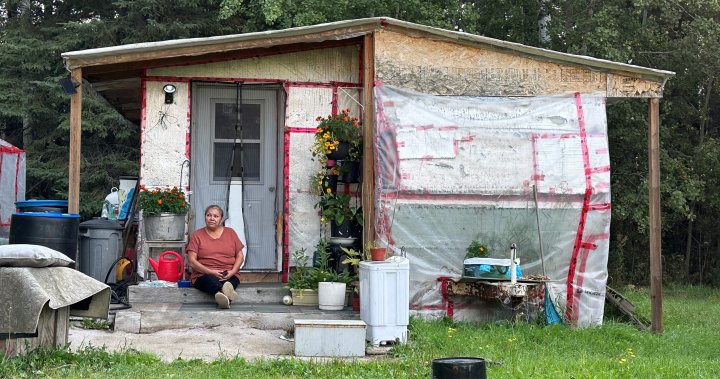Laughter, play and teachable moments fill the rooms of early learning centres across the province. But behind the curtains, many centres are understaffed and facing growing waitlists.
“We get five or 10 calls and emails a day (plus) walk-ins from parents looking for childcare,” Megan Schmidt, director of First Years Learning Centre, said.
“We certainly have quality childcare in Saskatchewan, but accessibility to it is next to impossible.”
She went on to explain she has seen waitlists of two to three years for families. For her centre, the waitlist is 2,100 kids long.
“There is not much that we can do,” Schmidt said. “We’re only licensed for 90 and we don’t see a lot of children leave our centre. They typically start as infants and then are with us right up until they are done kindergarten.”
According to Schmidt, the move to offer more affordable childcare from different levels of government was introduced out of order.
“I don’t know if it was rolled out too fast but it was done backwards,” she said. “They said ‘Let’s have affordable childcare’ but there was no thought to where these children would actually go.”
Breaking news from Canada and around the world
sent to your email, as it happens.
Saskatchewan introduced $10 a day childcare in 2023. Earlier in May 2024, it was announced Saskatchewan would receive $27.7 million in funding from the federal government’s Early Learning and Child Care Infrastructure Fund to add more childcare spaces in the province.
Alexandra Jeannot, a frontline Early Childhood Educator (ECE) worker is also frustrated with the lack of support, especially when it comes to students with special needs.
“The EA grants that we get for these children and the workers…the amount doesn’t cover the salary or the training,” Jeannot said. “It’s really hard to retain someone, and for a centre just to have enough support for these children with diverse needs.”
She believes introducing a wage grid would begin to help solve some issues.
“We’re one of the few provinces that doesn’t have a wage grid for ECE workers, and I believe having that developed would support with retention and give that other note that we are professionals that deserve to be viewed as such by our government and our families.”
The Ministry of Education said it plans to build more centres with the help of $380 million dollars allotted to the Early Childhood Educators industry in the 2024 budget.
The ministry is also putting a focus on recruiting and retaining more ECE workers.
“With our wage enhancements we have become competitive, and we continue to work on that,” Sameena Haque, the Ministry of Education assistant deputy minister said. “Over the last three years consecutively, we’ve provided workforce enhancement grants. Those grants are actually provided to operators, and they’re not tied to a specific initiative.”
“So depending upon the operator and what they feel are local needs within their workforce, they can actually use that grant to support the employment contract and support the workers that they have within their operating operations.”
The Ministry of Education has also created a baseline quality assessment committee that will visit all the centres in the province to collect data on how the industry is operating.
Once that data is collected, it’ll help the ministry to find and address any gaps in the system. Haque expects the data collection at all regulated childcare spaces to take place over the next 18 months.
© 2024 Global News, a division of Corus Entertainment Inc.



